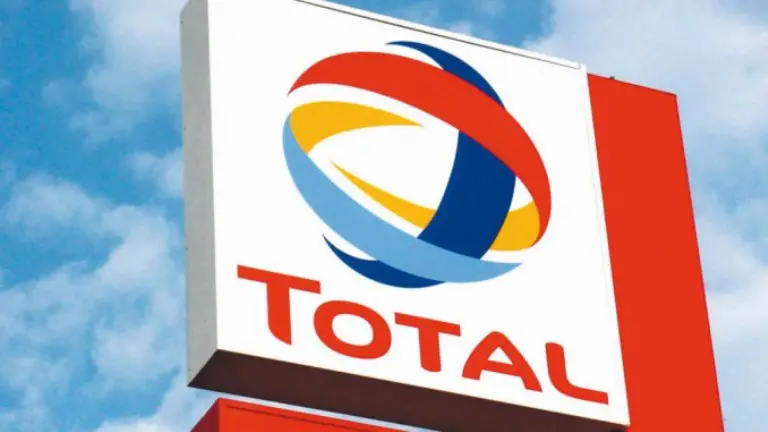Total is commitment to providing affordable, reliable, and clean energy, not only in Africa but also in South America and South East Asia. But the firm reckons that it is still evolving to meet the needs of millions of people who still do not have access to cleaner energy.
The Group launched in 2011 a line of photovoltaic solar lamps, to provide affordable access to energy for communities in emerging economies when more than one billion people did not have access to electricity. Today, Total has sold two million solar lamps worldwide, improving the lives of 10million people, with 90 per cent of these lamps being sold in Africa alone.
Total solar lamps designed for households that lack access to electricity, supply affordable and reliable energy. These solar lamps are a safer and better replacement for less effective and more expensive lighting methods like candles, disposable batteries and kerosene.
“Total intends to provide affordable, safe and clean energy to as many people as possible. And to do so, we strive to find innovative technological solutions, using a business model viable on a large scale.
We managed to reach these two million lamps sold, thanks to the commitment of the teams in our local affiliates. Their dedication helps us to better reach the “last mile” and distribute these products to the customers,” Managing director of Total Access to Energy, Philippe Cabus, said.
Total believes that better access to energy is a fundamental necessity which greatly impacts on access to education, communication, information, and the overall development of individuals and societies. About 90 per cent of Total solar lamps customers’ say their lamp has significantly improved their daily lives.
Mr. Philippe Cabus also added that , The solar products come from the ‘Total access to Energy program’, and are built on the Group’s solar expertise and extensive presence in Africa via its wide retail network of over 4000 service stations. New last mile channels and retail models are being created with Total forming global partnerships with major development NGOs and local partnerships to reach the most remote areas.

Leave a Reply